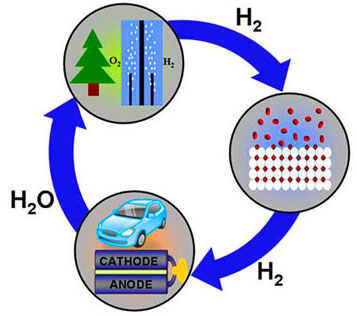

![]() Offre Technicien supérieur H/F
Offre Technicien supérieur H/F
Read more

>>> GDP
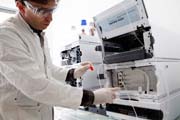
>>> SOR
Director : Laurent Catoire
Deputy director : Didier Dalmazzone
UCP (« Unité Chimie et Procédés ») has three research groups.
- The group of Chemical Engineering (GDP) has a specific expertise in the following topics :
- Thermodynamic modeling of complex systems including electrolytes solutions.
- Combustion (thermochemistry, chemical kinetics, detailed kinetics mechanisms, chemical hazard).
- Physical-chemistry of gas hydrates and of porous materials.
- Experimental and theoretical thermophysics.
- Synthesis of mineral particles by soft chemistry.
Most of the applications are related to the energy sector (H2 as energy vector, CO2 capture, natural gas treatment, new fluids for cold transportation, ) but extend to various others industrial problems (Hydrometallurgy, process risks, ...).
- The Organic Synthesis and Reactivity (SOR) research group has acquired an expertise on :
- Organometallic chemistry
- Hydrazone chemistry
- Isocyanide chemistry
- Multicomponent reaction
The unit is in charge of various courses at ENSTA Paris, and especially is in charge of two advanced specialisation options of the final year of « diplôme d'Ingénieur » (i.e. 2nd year of the MSc. in Engineering program) :
- Energy systems : innovation and process optimization.
- Management for energy and environment.
The researchers of the units are also in charge of various courses in other « French Grandes Écoles » and Universities.

The laboratory has a long experience in the thermodynamics of electrolyte solutions resulting in the development of numerous Gex as well as, more recently, of equation of state models.
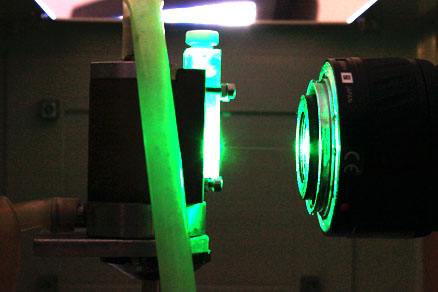
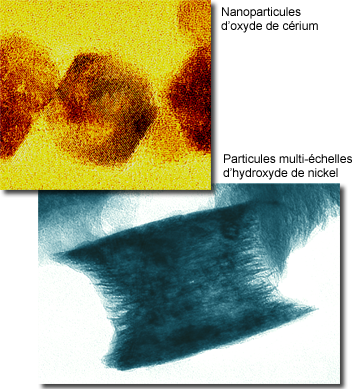
Topics "Combustion" handles all the aspects related to controlled and accidental combustion in :
- the generation of energy for all kinds of propulsion,
- the electricity production (thermal power plants, coal combustion, etc.),
- the use of civil and/or military high energy density materials (HEDM),
- the energetic conversion of biomass,
- process safety (in particular the hydrogen risk in the industries),
- &the formation and reduction of pollutants (NOx, PAHs, VOCs, etc.). All the fuels are considered (biofuels, synthetic fuels, metals, etc.).
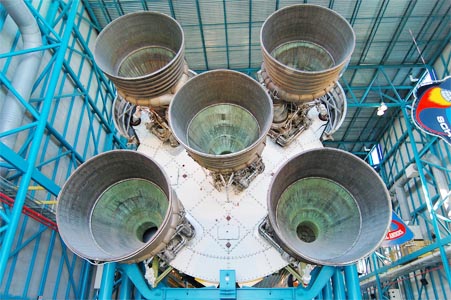
Clathrate hydrates are crystalline supramolecular structures, in which the water molecules form polyhedral patterns defining cavities where various hydrophobic molecules can fit. Gas hydrates are clathrates formed by oil and natural gas components, air components, or hydrogen. They are studied for various reasons...
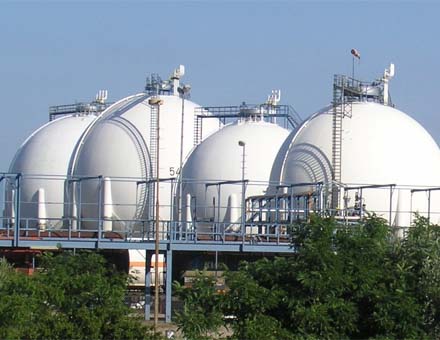
The group of organic chemistry develop mainly research projects on the chemistry of heterocycles, on isocyanide based multicomponent reactions and on macromolecular chemistry.
The group has acquired an expertise on :
- Organometallic chemistry
- Hydrazone chemistry
- Isocyanide chemistry
- Multicomponent reaction
- Self-assemblies
- Polymers
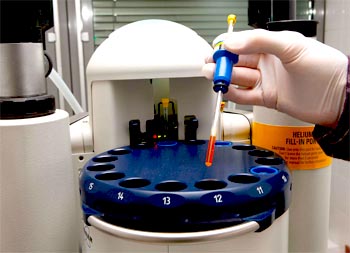 We approach all these fields with a common interest for the developement of new reactions. Ugi adducts have been used in various radical reactions as well as transition metal catalyzed processes.
We approach all these fields with a common interest for the developement of new reactions. Ugi adducts have been used in various radical reactions as well as transition metal catalyzed processes.
In agreement with the developpement of green chemistry, most of our synthetic approach are analyzed in term of step and atom economy.
The research on supramolecular chemistry mainly focuses on the preparation and use of p-conjugated organic materials. These materials are either prepared for the nanostructuration of 2D and 3D surfaces or for their use as new liquid crystals. These research are organized through a network of physicists of the CEA and IPCMS for the optoelectronic applications.
The Chemical Engineering group is involved in each stages of the hydrogen network such as the production, the storage and the energy recovery. The production is studied thermochemically or from water dissociation by using the biomass gasification process or the iodine/sulfur thermochemical cycles. The storage of the gas is considered in solid form and the technologies studied are the gas hydrates and the storage by adsorption in Organic Frameworks materials type. Concerning the energy recovery, the research activities are essentially focussed on the hydrogen combustion.
